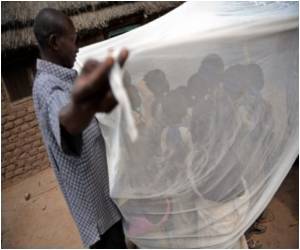
The authors say: "Our findings across a number of sub-Saharan African countries were highly consistent with results from previous clinical trials."
They continue: "These findings suggest that the recent scale-up in ITN coverage has likely been accompanied by significant reductions in child mortality and that additional health gains could be achieved with further increases in ITN coverage in populations at risk of malaria."
In an accompanying Perspective, Thomas Eisele from Tulane University School of Public Health and Tropical Medicine in New Orleans, USA and Richard Steketee from PATH in Seattle, USA say: "As Lim and colleagues suggest, continued scale-up of long-lasting ITNs must be a cornerstone of this effort and there are still lives to be saved with this intervention."
However, they highlight that as long-lasting ITNs typically wear out after 2-3 years, the malaria control community must attend to finding the most efficient means of replacing worn out nets once high coverage has been achieved. Eisele and Steketee conclude: "ITNs alone are insufficient to completely eliminate malaria transmission in areas of Africa suitable to perennial transmission. It is therefore imperative for the malaria community to apply its program experience and success with ITNs towards a focus on testing new tools and delivery approaches to achieve the next level of malaria transmission reduction beyond what is achievable by high ITN coverage alone."
Source-Eurekalert











